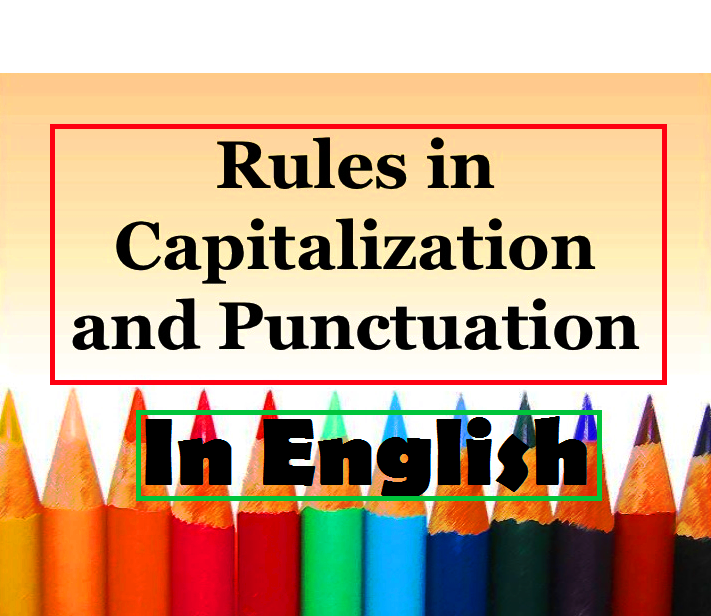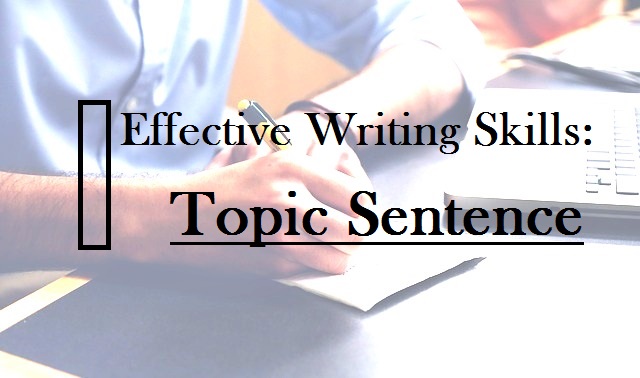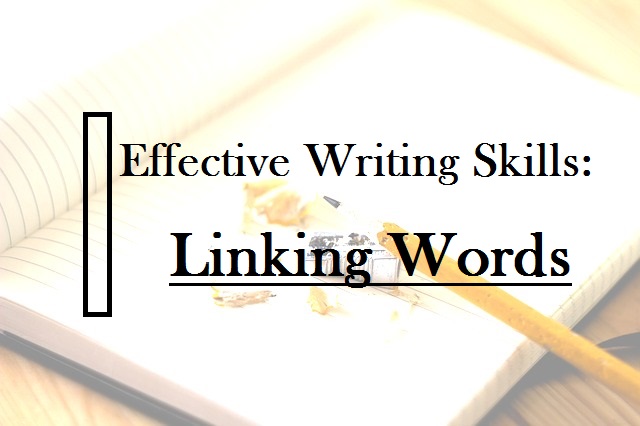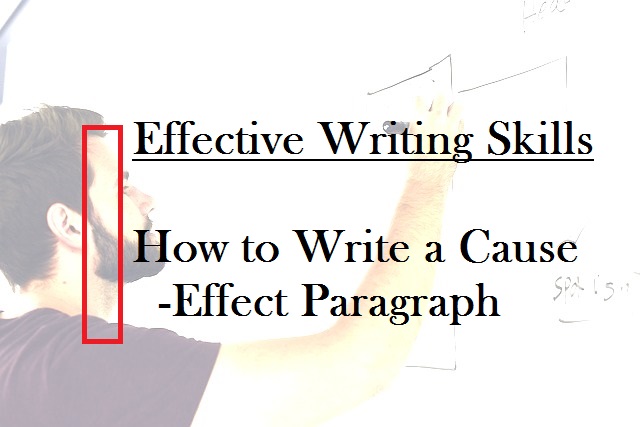Punctuation and capitalization: rules and examples.
What is Capitalization?
Capitalization is writing the first letter of a word with its uppercase and the rest of the letters in lowercase. Capitalization is very important in writing as it makes it clear. There are many cases when we use have to capitalize:
- The first word of a document, a book or a story, and the first letter of the word next to it.
- The first letter of the word that starts the sentence.
- Names of people, proper names, places, cities, countries, companies…etc.
- Languages.
- Titles of books and magazines.
- Days and months.
- Public holidays, feasts, and independence days.
What are Punctuations?
Punctuations are all the marks we use in writing to separate sentences and phrases. They are very important because they clarify meaning. Here is a list of the most important and necessary punctuations:
1.Full stop (.):
- We use full stop at the end of the sentence.
- Ex: She was very sick.
- We use full stop with abbreviations
- Ex: My brother has an MA. (master degree).
2. Apostrophe (‘):
- We use apostrophe to show possession.
- Ex: My brother’s car is red.
- We use apostrophe to show contractions.
- Ex: You’re an amazing friend.
3. Exclamation mark (!):
- We exclamation mark for anything that expresses emotions.
- Ex: Oh really!, Ops!, Wow!, Oh my God!
4. Question mark (?):
- We use a question mark after a question.
- Ex: Did you open the door? What did you do yesterday?
5. Comma (,):
We use comma in English in the following cases:
- To separate three or more words and phrases.
- Ex: My favorite school subjects are: physics, Arabic and English.
- To separate the first words or phrases.
- Ex: In the morning I usually go jogging – using that way she was able to work comfortably.
- After an adverb that the sentence starts with
- Ex: Finally, she got her dream job
- After a dependent clause that the sentence starts with
- Ex: when she came from school, I was studying at my room
- When a sentence starts with a yes or no.
- Ex: Yes, I think she will come to the meeting
6. Quotation mark (“…”):
- We use quotation marks to enclose the words of a person or the quotes of writers.
- Ex: Napoleon Hill says that “whatever the mind can conceive and believe, the mind can achieve”
- We don’t use quotation marks to report the speech of someone.
- Ex: My mother told me she will not be here next week.
7. Colon (:):
- We use a colon to introduce new information
- Ex: the things we need in the classroom are: a copybook, books, and pens.
8. Semi-colon (;) :
- We use a semi-colon to join two independent clauses that are closely related and both are important.
- Ex: Ahmed said that he was tired; he had stayed late studying for the exam.
Please, share this post if you think there is someone who needs to know this. Join us on Facebook.
Have a great day Edutopians.
Comments







